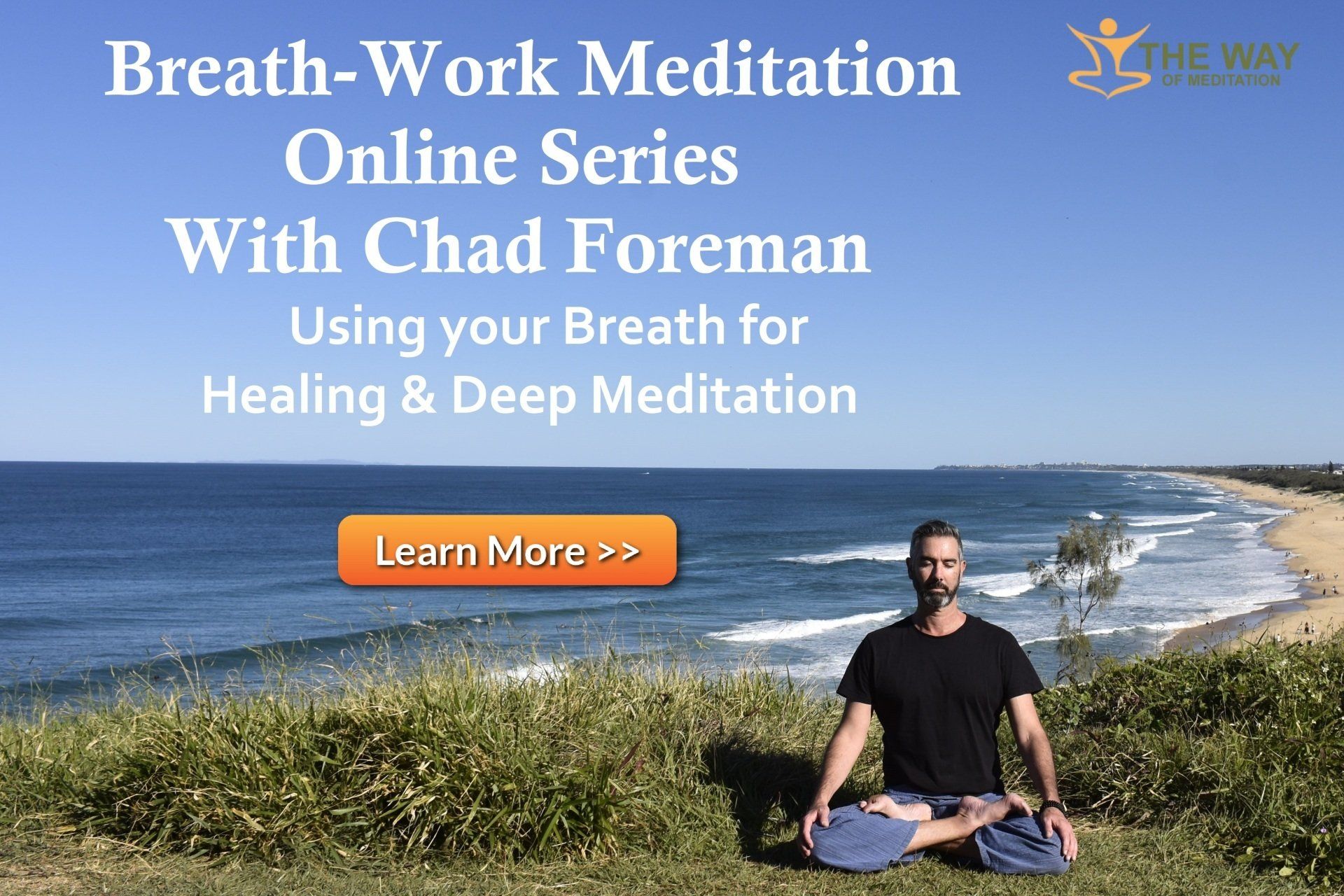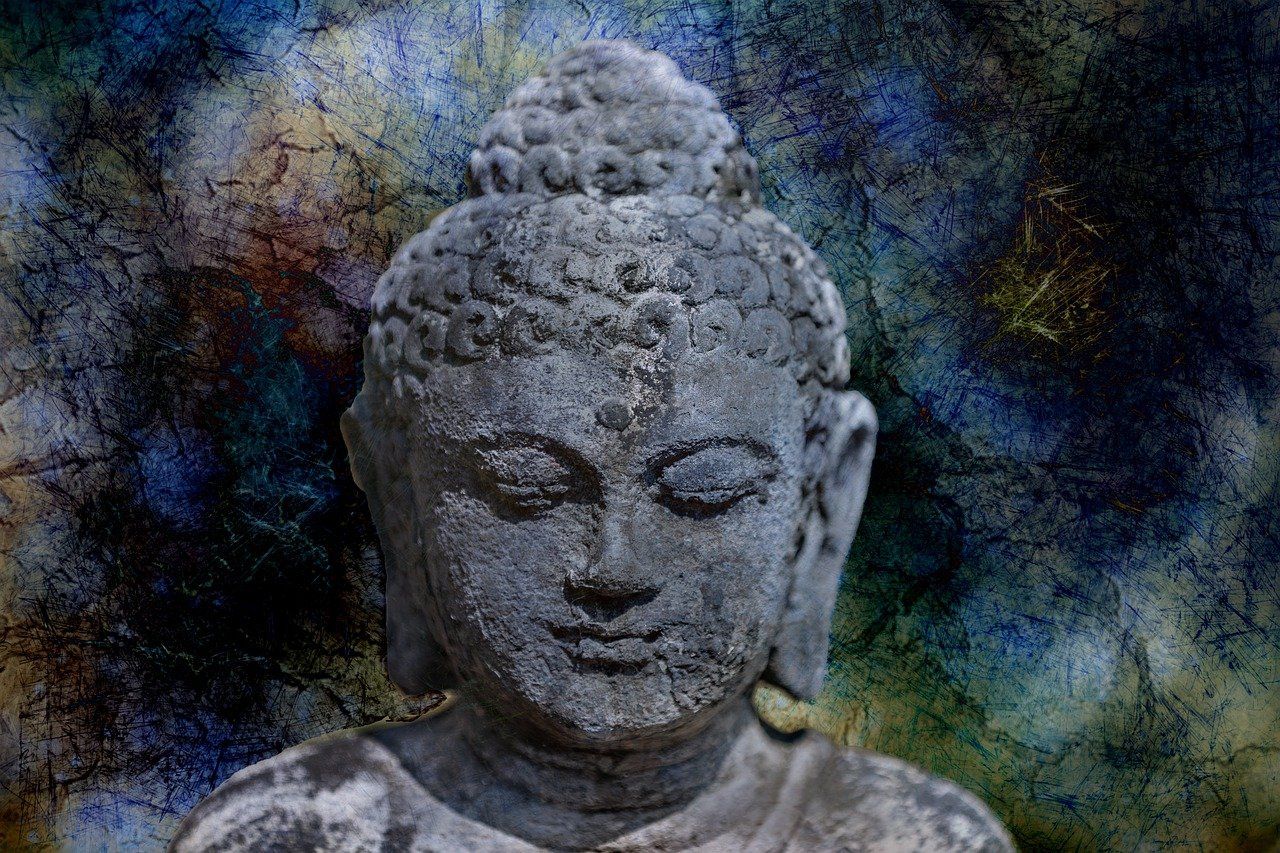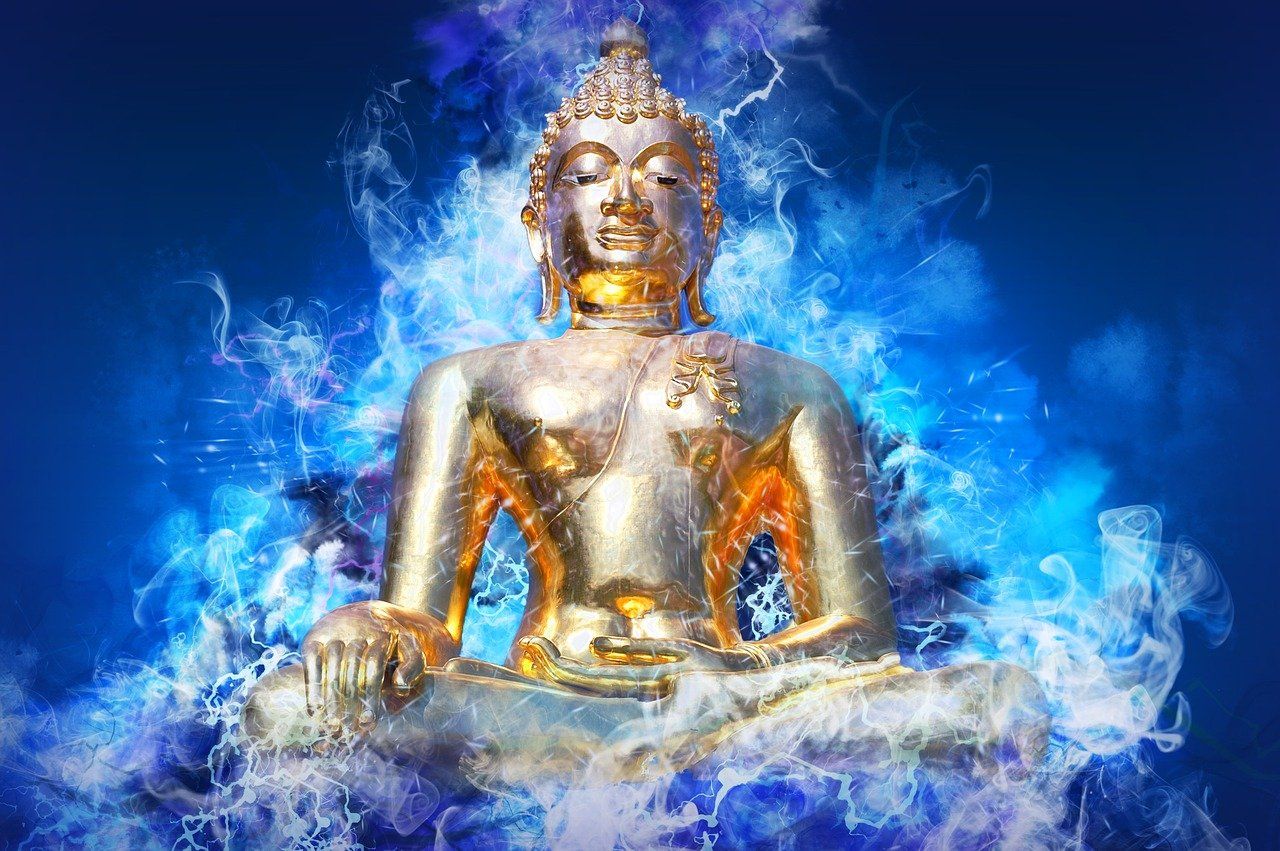The Way of Meditation Blog
Bringing Ancient Wisdom Into The Modern World
The Art of Breathing
December 26, 2015
Mindful breathing can reduce stress, increase feelings of good will and keep us present in the moment
From mindfulness of breathing to practicing deep controlled breaths the breath holds the key to your health and spiritual connection.
Breathing is fundamental to life – an automatic process that, for the most part, we take for granted. It is only when we experience difficulties in this area, that the ability to breathe with ease is truly appreciated. Further more, research on exhalation has shown our breath to be completely unique to the individual – similar to a fingerprint; our breath contains a characteristic molecular “breathprint”.
Our breath is one of the most basic connections we have to our environment. Each time we inhale and exhale, we receive and give to our natural environment. This is a simple yet profound connection. We eliminate up to 70% of our body’s waste through our lungs. Clean air is vital to maintaining the delicate balance of life on our planet.
Our breath is one of the most basic connections we have to our environment
Breathing is fundamental to life – an automatic process that, for the most part, we take for granted. It is only when we experience difficulties in this area, that the ability to breathe with ease is truly appreciated. Further more, research on exhalation has shown our breath to be completely unique to the individual – similar to a fingerprint; our breath contains a characteristic molecular “breathprint”.
Our breath is one of the most basic connections we have to our environment. Each time we inhale and exhale, we receive and give to our natural environment. This is a simple yet profound connection. We eliminate up to 70% of our body’s waste through our lungs. Clean air is vital to maintaining the delicate balance of life on our planet.
Our breath is one of the most basic connections we have to our environment
To Breathe Well is to Live Well
If you want to conquer the anxiety of life, live in the moment, live in the breath. ― Amit Ray
Breathing is unique in comparison to other automatic functions of the body, in that it can also be regulated voluntarily. Techniques of using the breath to direct and improve the body’s energy, and aid in the release of emotions, dates back thousands of years.
"Yogi's measure the span of life by the number of breaths, not by the number of years." -Swami Sivananda
It is said that if you breathe 15 times per minute, you will live to 75 or 80 years. If you breathe 10 times per minute you will live to 100. The speed at which you breathe will dictate the length of life. If you breathe too fast, your life will be shortened.
To breathe well is to live well. We are all born with the mastery of breathing. As babies we naturally practice deep abdominal breathing. As we get older, stressful lifestyles and fear affects how we breathe. Breathing from the abdomen is essential because the blood in the lowest part of the lungs is rich in oxygen. This diaphragmatic breathing, or baby breathing, triggers the body’s relaxation response. If you are using your diaphragm well, you will see your stomach gently expand on the in-breath, and relax back down on the out-breath. Breathing shallowly and high from the chest is linked to many conditions, such as anxiety disorders, asthma and backache.
Our breath regulates our autonomic nervous system, promoting either the sympathetic (fight or flight) response or the parasympathetic (rest and digest) response. In the practice of Yoga, the Pranayama breathing techniques can shift the balance of the autonomic nervous system away from sympathetic dominance.
Short, shallow breathing causes a cascade of negative effects in the body, and the body associates that with the fight-or-flight response - in other words shallow breathing is stressful breathing. The truth is that many of us are not aware of our breathing patterns due to our minds being in overdrive. It's very common for most of us to be breathing inefficiently and causing our bodies to be in "emergency mode" which promotes anxious feelings.
The Power of the Vagus Nerve
Both meditation and deep, slow abdominal breathing are linked to increased vagal tone. The Vagus nerve is the longest nerve in the body, and supports everything from your health and well being to friendships and happiness. It travels all the way from the brain to the digestive system. This nerve works through the parasympathetic nervous system.
The strength of your vagus response is known as your vagal tone. High vagal tone improves the function of many bodily systems. Benefits include, better blood sugar regulation, reduced risk of stroke and cardiovascular disease, lower blood pressure, and improved digestion through optimal production of digestive enzymes.
It influences the release of oxytocin, a hormone that is important in social bonding. Studies have found that higher vagal tone is associated with greater closeness to others and more altruistic behavior. When your exhale is even a few counts longer than your inhale, the vagus nerve is signaled. Breathing from your diaphragm, rather than shallowly from the top of the lungs stimulates and tones the vagus nerve.
Understanding the Art of Breathing can lead to self-healing and inner peace
DID YOU KNOW?
- Around 70% of our toxins are released from our body through our breath. Carbon dioxide is a natural waste product of your body’s metabolism. The benefits of breathing deeply help the systems in the body to process this more efficiently.
Transform Suffering with Mindful Breathing
It is encouraging to know that, by using something as seemingly simple and powerful as our breath, we can heal our body and mind. When asked what his favourite practice was, the author, monk, and peace activist Thich Nhat Hanh replied:
There are people who say that I teach only one thing: breathing in and breathing out. They are right. With mindful breathing, we’re more present for ourselves and for the world. It helps us transform the suffering within and to be in touch with the inter-being nature of reality. So we only need to practice mindful breathing—that is enough.
Try Our Guided Deep Breathing Meditation
Get A FREE
Guided Meditation Series
with Chad Foreman

In today’s fast-paced world, the mind often races, driven by the demands of work, family, and personal ambitions. Meditation is commonly seen as a practice to calm the mind, foster inner peace, and connect with deeper aspects of existence. Yet, one crucial element often overlooked is the state of the body, particularly the nervous system. Relaxing the nervous system isn’t just a preparatory step; it is foundational for unlocking the deeper states of awareness and tranquility that meditation promises. Drawing insights from my journey and teachings, we will explore why this is so vital and how it transforms the meditative experience.










